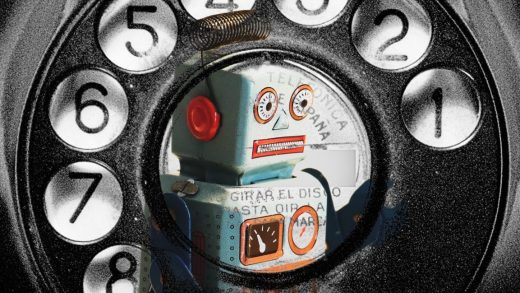Hey, remember that annoying robocaller who kept bugging you about health insurance?
A robocaller that allegedly made an estimated 1 billion illegally spoofed calls about health insurance is facing a proposed $225 million fine, the largest such penalty in the Federal Communication Commission’s 86-year history.
Texas-based Rising Eagle made the calls, claiming to be able to connect people to “affordable health insurance with benefits from a company you know—such as Cigna, Blue Cross, Aetna, and United,” according to a sample script the FCC cited today. The person on the phone was directed to press 3 if interested, but then the call was funneled to a call center unaffiliated with any of the cited companies. A representative then tried to get the person to buy insurance from a Rising Eagle client.
The FCC said the telemarketing calls were made to people around the United States during the first four and one-half months of 2019.
Misrepresenting oneself via caller ID to commit fraud or cause harm is a violation of the federal Truth in Caller ID Act.
“The FCC’s investigation found that the robocalls made by Rising Eagle were spoofed in order to deceive consumers, targeted millions of Do Not Call list participants, and were received on many wireless phones without prior consumer consent,” the FCC explained. “The scam also caused the companies whose caller IDs were spoofed to become overwhelmed with angry call-backs from aggrieved consumers. At least one company was hit with several lawsuits because its number was spoofed, and another was so overwhelmed with calls that its telephone network became unusable.”
Robocalls have been a growing problem in general, and figuring out how to end them is a rare bipartisan issue in Washington. In December, Congress passed federal legislation aimed at increasing penalties.
The fine announced today is only proposed, and the named parties will have a chance to submit evidence and legal arguments before a final decision is made, the FCC says.
(12)



